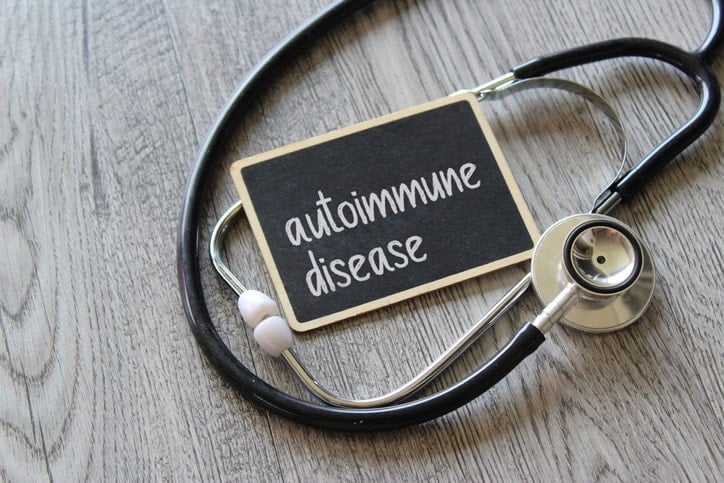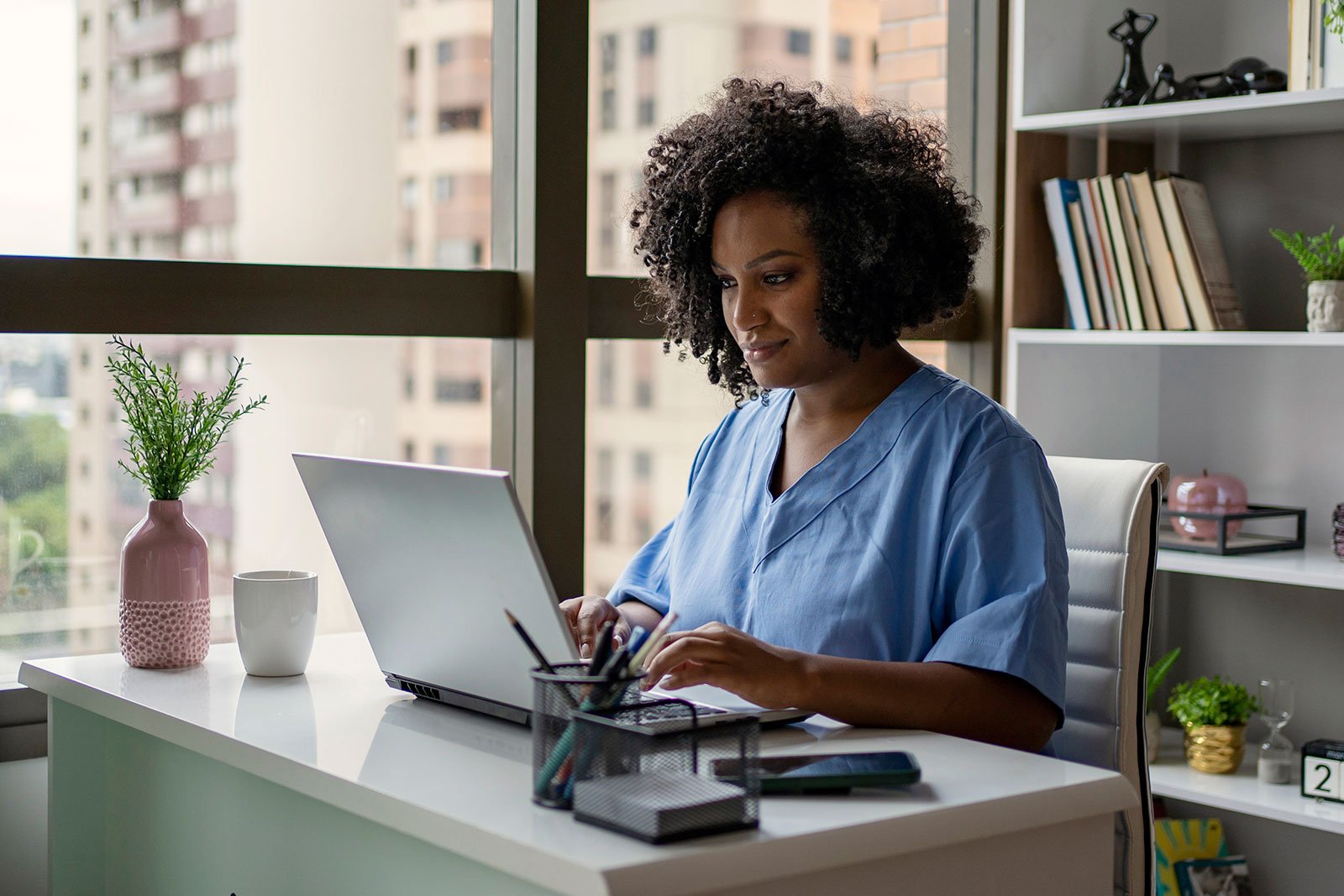
Options After Match Week
Didn't Get Matched? Now What?
The National Resident Matching Program (NRMP) announced the 2024 Main Residency Match record high of 50,413 applicants, an increase of 4.7% from last year.
Individuals who found out they were partially matched or unmatched on Monday, March 11 may have participated in the NRMP's Supplemental Offer and Acceptance Program(SOAP) to try to obtain an unfilled position.
NRMP also provides a Medical Specialties Matching Program (MSMP), but it is not an option for individuals who do not match. The MSMP is for fellowship matches or specialized training after an individual completes their residency training.
Supplemental Offer and Acceptance Program (SOAP): If individuals do not secure an unfilled position during SOAP, some U.S. seniors may choose to delay graduation to gain additional clinical or research experience.
Alternatively, applicants can seek research positions to enhance their applications for next year’s Match if they decide to reapply.
Residency Programs Outside of SOAP: Some students explore residency programs outside of SOAP. For instance, they can utilize tools like FindAResident, provided by the Association of American Medical Colleges (AAMC), to identify available positions.
Continuing in Medical School: Unmatched graduates should consider their medical school’s policies and the availability of student loans and financing. Pursuing an additional degree, such as a master’s in public health or business administration, is an option. After completing the degree, they can re-enter the Match.
Securing Letters of Recommendation: Remaining in touch with professors and the dean of the medical school can be beneficial. They can provide letters of recommendation for the next match cycle. Seeking out mentors and asking for assistance is advisable.
Identifying Weaknesses: Talking to physicians working in the desired specialty can help unmatched candidates understand why they did not match. Addressing weaknesses, such as poor academics, exam scores, or interview performance, is essential.
Clinical Environment and Skill Maintenance: Staying in a clinical environment helps maintain skills and knowledge. Consider roles like medical scribing or volunteering at free clinics serving low-income, uninsured patients.
After failing to match, individuals can take the United States Medical Licensing Exam(USMLE) Step 3, typically done during residency.
Remember that each candidate’s situation is unique, and seeking personalized advice from mentors and advisors is crucial for making informed decisions.



